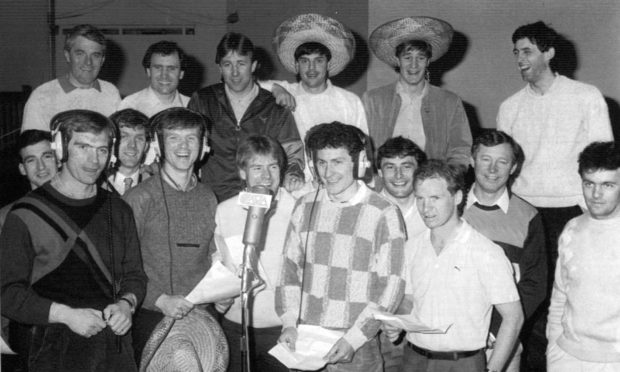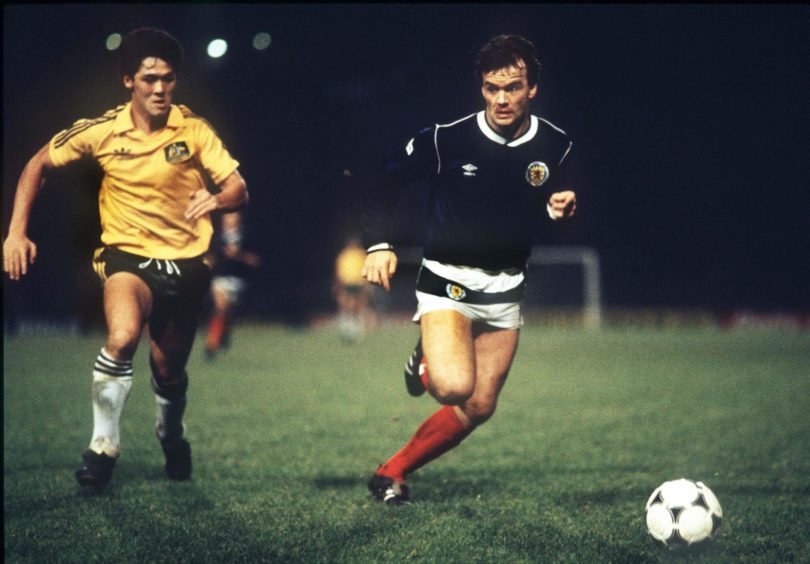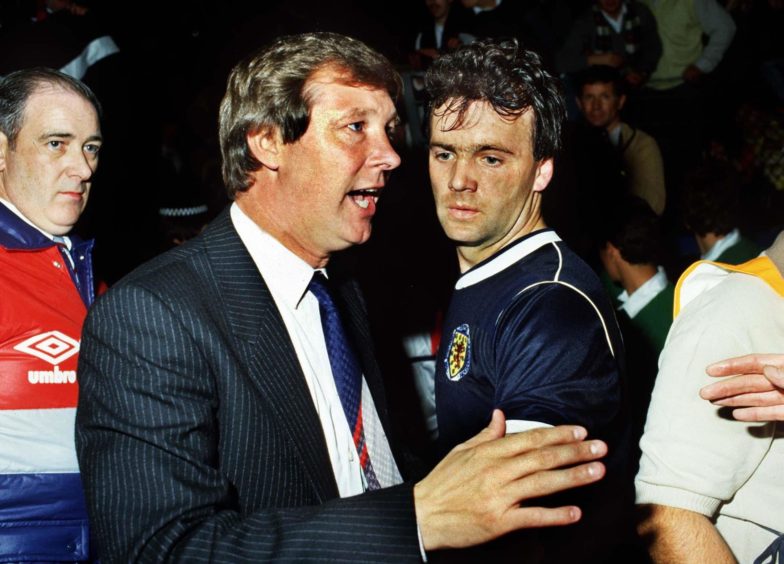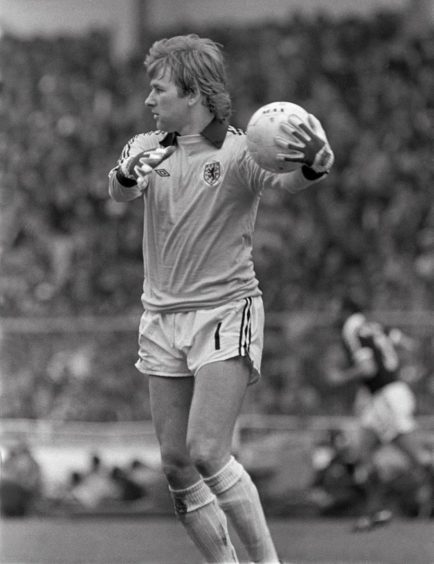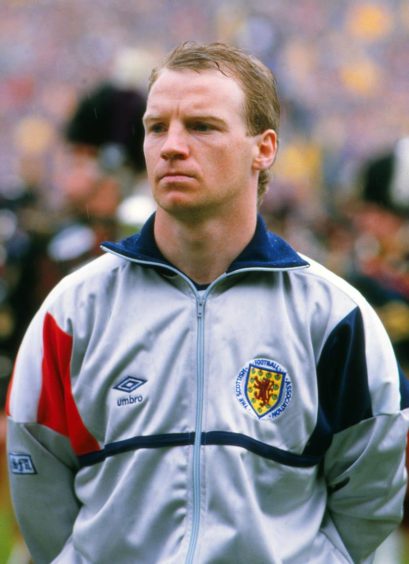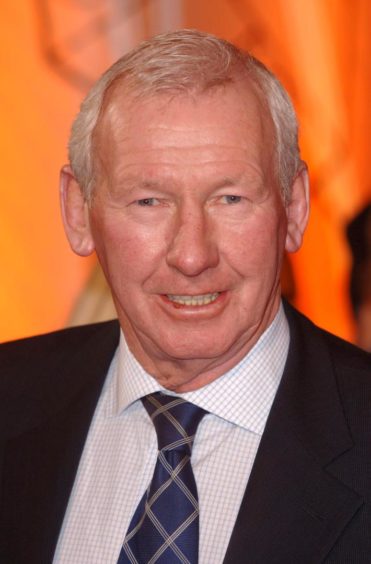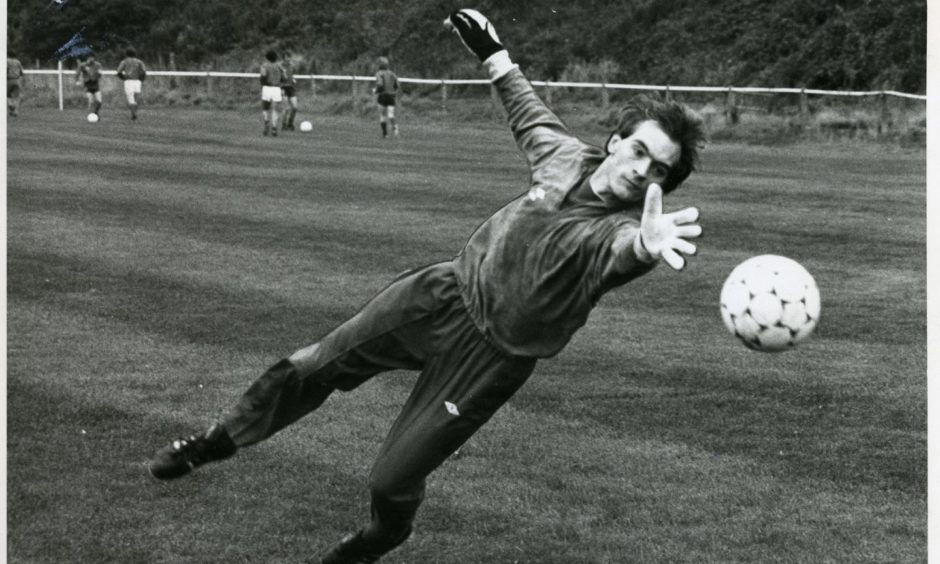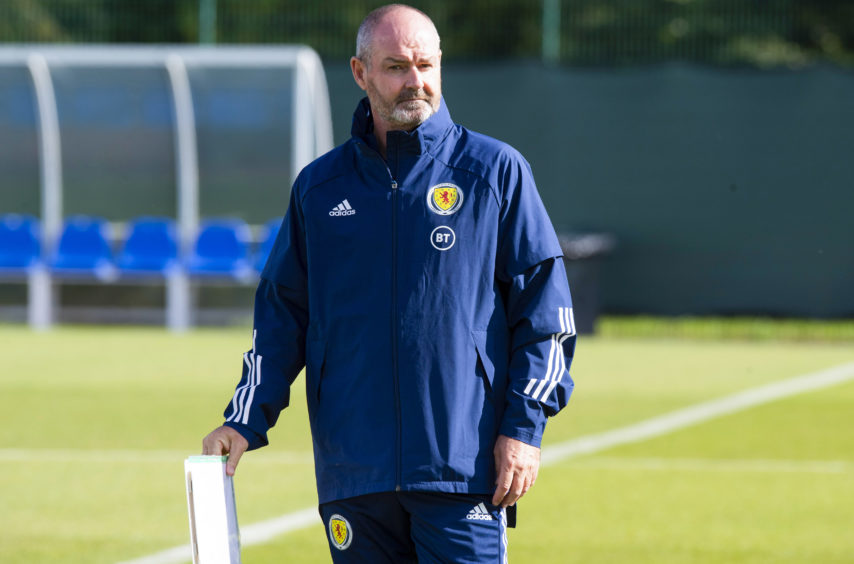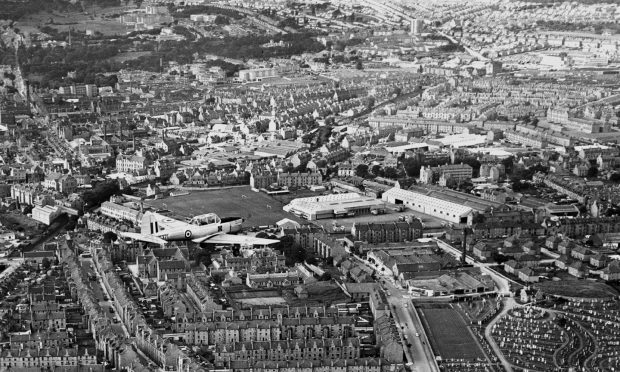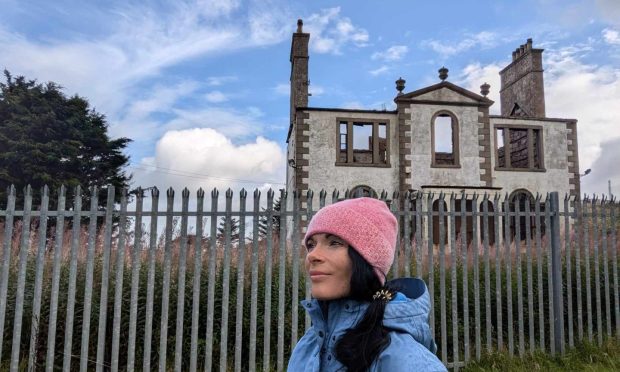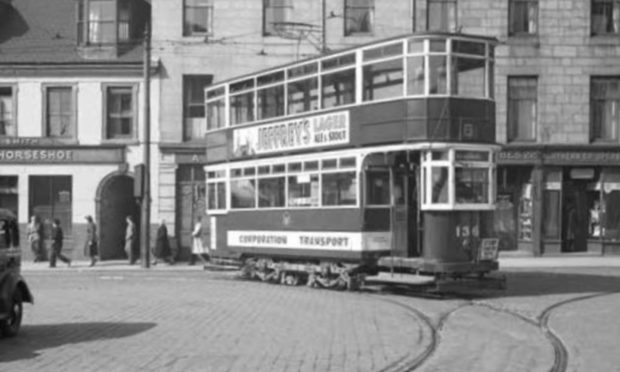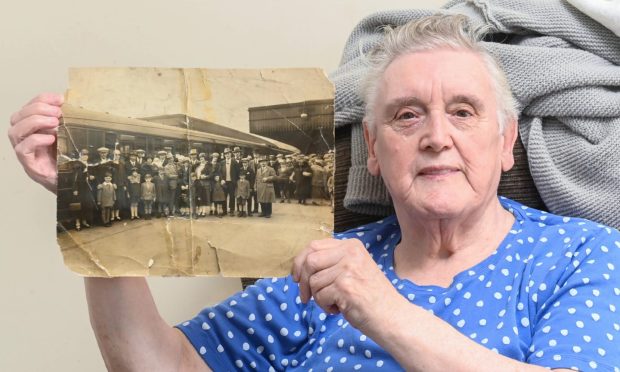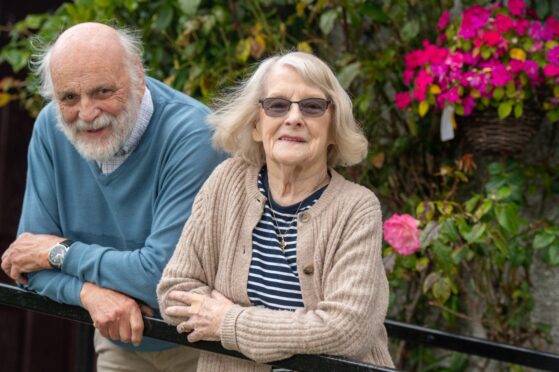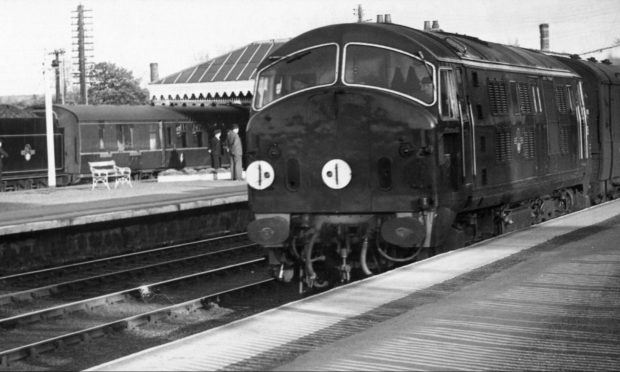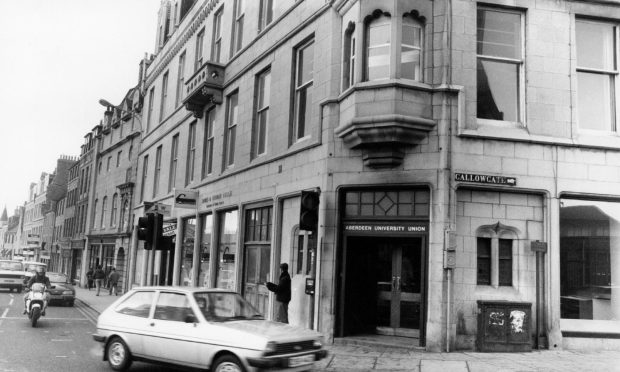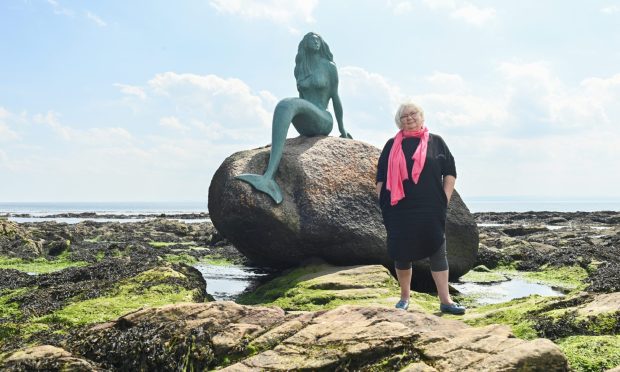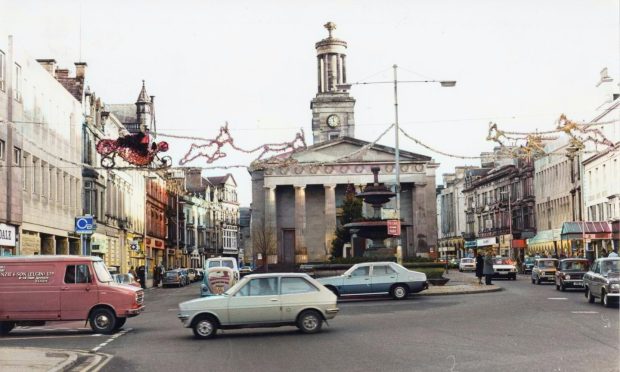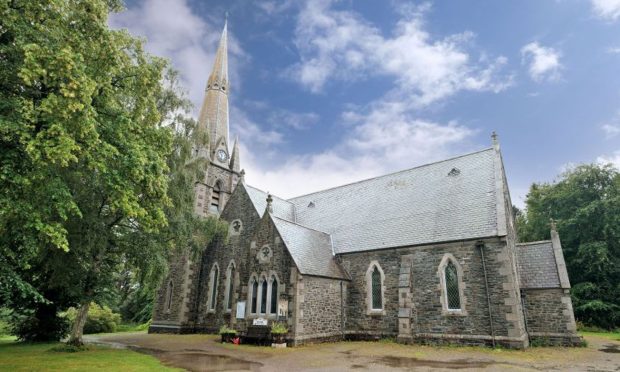It was a contest staged against a backdrop of tragedy; and the sort of play-off challenge which might have proved a banana skin for other Scotland line-ups.
Yet, despite a variety of problems for other members of the squad off the pitch, ranging from sunstroke to a hastily-terminated Grandstand interview, Jim Leighton still looks back on his trip to Australia in 1985 as one of his finest performances during his 91-cap international career.
He and his compatriots had ventured to Oz with a two-goal advantage – through Davie Cooper and Frank McAvennie – following the outpouring of emotion which surrounded the first leg at Hampden Park as the Tartan Army paid homage to Jock Stein, who had died just a month earlier at the end of his side’s 1-1 draw with Wales in Cardiff.
Feelings were still raw among the Scottish squad while they made the long journey Down Under for the World Cup qualifier, but Leighton and his goalkeeping colleague, Alan Rough, were determined not to squander Jock’s legacy.
Decent advantage
As Leighton said: “We were an experienced group, we had players who had been at previous World Cups and we had managed to establish a decent advantage, even though we should really have won the first game four or five nothing.
“We knew it would be very hot in Australia and there was a wee while where their football association was talking about kicking off in mid afternoon, which would have been sweltering since the second leg took place on December 4 – the middle of summer in the Southern Hemisphere – but I found it quite toasty, but not unbearable.”
Even after Stein’s passing, the Scots were blessed with a gifted coaching staff, headed by Alex Ferguson, Walter Smith, Archie Knox, Andy Roxburgh and Craig Brown.
The Australian coach, Frank Arok, had cautioned his opponents to “pack your sunscreen”, determined to hold the return fixture in extreme temperatures. But that ploy was eventually shelved and the SFA’s finest flew to Melbourne at the end of November with a take-no-prisoners philosophy. None of them would be discomfited by some hot weather.
Or at least, that was what they envisaged before they actually landed in a cauldron.
No illusions
Rough, the veteran Patrick Thistle and Hibs keeper, was under no illusions that he had merely travelled as a precaution, and accepted there was no prospect of him playing.
But, as he recalled: “I was friendly with Graeme Sharp and David Speedie, and I was looking forward to spending some time with them and having the luxury of doing what I liked.
“Alex Ferguson decided to visit one of his relatives and, in his absence, Walter Smith gave us all a day off to work on our golf handicap or head along to the local race track.
“The only proviso was that we had to be back in the hotel by tea-time, because we had been invited to attend a function with a large group of Scottish expatriates.
“So Graeme, Davie and I popped off to a nearby golf course and the thought we might suffer in the heat didn’t enter our minds. Our round started at 11am with 100 degrees already showing on the thermometer, and it climbed by at least another 10 degrees.
“It finished with the scores level, so we organised an impromptu skins event when Davie said ‘Oh boy’ and passed out from sunstroke.
“He just collapsed in a heap, so we took him back to the hotel and told him to grab a few hours’ sleep.
“He looked decidedly peaky and had turned lobster pink. As the senior member of the party, I worked out I would let him stay in bed and relax for the evening. However, by 6pm, he maintained he had recovered, there were no ill effects, and told me: ‘Let’s party!’
“I had my reservations, but there was no stopping, and he was soon staggering around the place. I looked at him and wished I had persuaded him not to come. Then suddenly, in walked Walter and he asked me: ‘Where’s Speedie?’ I was a bit flustered and mumbled: ‘Um, he’s just about to pass out on the couch over there, so there’s no point trying to talk to him’.
“Walter was furious. He pointed at us and told us we had totally messed up. Then he added: ‘You had better sort this out because he has been booked to appear live on Grandstand later this evening. Take him back to the hotel and sober him up smartish’.
“We were both flummoxed. But we had to try our best. The BBC had requested an interview with David as part of their build-up to the qualifying match, so I took one of David’s arms and Graeme the other, and the pair of us dragged him to the studio link between Melbourne and London. By this stage, he was babbling and we were both getting pretty worried.”
Bob Wilson
This is one of the more problematic elements of dealing with the 11 or 12-hour time difference between Britain and Australia and New Zealand.
Because, even as the Scots were enjoying their party, it was still early in the morning in Blighty.
Rough said: “Bob Wilson, the former Scotland goalkeeper-turned-sports anchorman, was on the line and the plan was that he would lob a few easy questions over to Speedie.
“We tried to prop David up, between passing him orange juice and mineral water. But it was a lost cause. He was sozzled. It wasn’t a great few minutes.
“As we stood in the studio, Bob began by asking: ‘Hi David, how are you enjoying yourself over there and how are the Scots acclimatising?’
“At that point, he replied: “Ach, f***ing nae problem big man, how’s yourshelf?’
“The next second, we heard the producer screaming into the microphone: ‘Get him off the f***ing air immediately’. And that was that. There was an announcement that the satellite had malfunctioned and that was the end of the transmission.”
Up to the job
Mercifully, there were no similar problems once the football action commenced. Scotland, bolstered by a stalwart defence and with the luxury of that brace of Hampden goals, were more than up to the job of stemming the Socceroos.
Leighton, who was in his pomp during this period, was at his imperious best and he told me this week he reckoned it was among his top five displays in a Scotland jersey.
He added: “We had to be composed and soak up a lot of pressure, because they were a completely different proposition from the team which barely crossed the halfway line in Glasgow. They flung themselves into the fray and kicked the you-know-what out of us.
“But we coped and it was a very professional team effort. We all wanted to be at the 1986 World Cup in Mexico and we made sure that happened. It could have been trickier if Australia had scored at any stage, but we snuffed out that threat.”
Afterwards, there was a sense of relief among the players, even as they conducted their media duties, this time without any X-rated language.
They had done it for the Scottish expatriates, the small but vociferous band of travelling supporters and they had ensured qualification for their fourth successive World Cup.
More poignantly, they had done it for Jock.
Leighton urges Scots to make history in Serbia
Leighton has urged Scotland’s new generation to create their own history when they tackle Serbia in a European Championship play-off match this week.
And the 91-times-capped Aberdeen and Manchester United legend believes it will benefit Steve Clarke’s side that there will be no fans at the Stadion Rajko Mitic in Belgrade on Thursday.
Leighton recalled his own involvement in a play-off when he and his Scottish colleagues defeated Australia 2-0 over two legs to qualify for the 1986 World Cup.
But he insisted it is time for the current players to step out of the shadows and book their place in a major football tournament for the first time in the 21st century.
Too long
He told the Press and Journal: “It has been too long since we were at these major events and although it will be tough for Steve’s team, they have built up some decent momentum and they have to go out and play with real belief.
“They have a lot of inexperienced boys, so it will be up to the senior players to really step up and prove their qualities against quality opponents.
“At least there is not going to be a packed stadium for this match, because the Serbian fans are very passionate, very partisan and I’m sure that they would have whipped up a ferocious atmosphere to lift their team if they had been given the opportunity.
“The main thing is for Scotland to be positive, to go out and show what they can do, and build on their recent results. As a proud Scot, I well remember the way that reaching these big events lifted people’s spirits and I know it’s too long since the 1998 World Cup.”
Leighton, who is now 62 and recently revealed he has recovered from prostate cancer, was in goal for his country when they met mighty Brazil in that tournament’s opening fixture.
As he added: “I would be delighted if we talked more about the players of 2020 and less about what happened in the past.”
